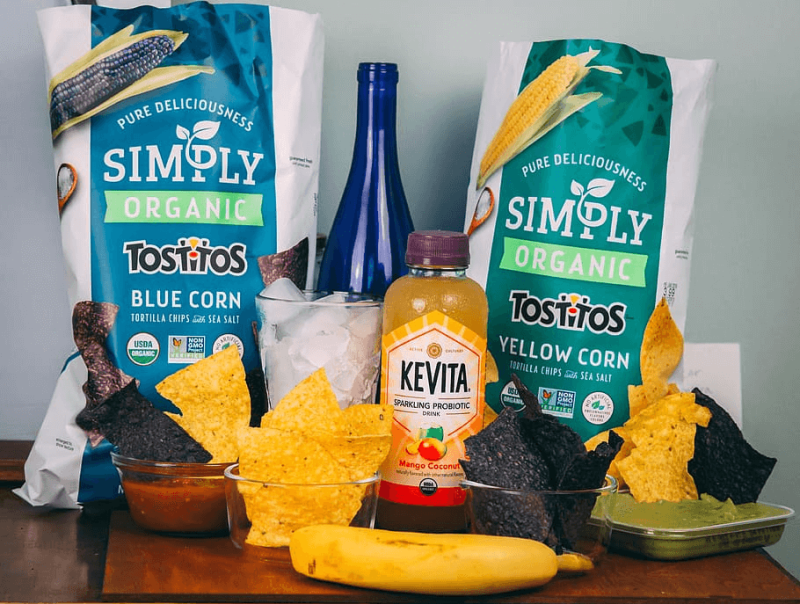As biotechnology advances, consumers face a myriad of new ingredients and labels to parse through at the supermarket. These labels, including ‘organic’ and ‘non-GMO,’ can often be confusing. There are competing views about the proper regulatory framework that will provide the highest nutrition to the most citizens at the lowest possible cost while respecting the environment. Comprehensive food labeling regulation reform can help consumers avoid deceptive marketing and allow farmers and grocers to compete fairly. In addition, it can be a tool to leverage the marketplace to implement climate-friendly solutions.
There are two possible approaches to implementing this reform: The best alternative would be to pass legislation that expands the BE labeling program, enhancing the labeling authority of USDA, strengthening Truth-in-Advertising laws, and providing a legal framework to address misleading claims across Federal agencies. Alternatively, the Federal Trade Commission (FTC) is already empowered to enforce existing Truth-in-Advertising laws. It can use this authority to reinforce the USDA’s existing labeling programs to ensure that consumer information aligns with scientific evidence.
As suggested above, language suggesting that using seeds descended from laboratory methods of genetic modification anywhere in the chain precludes organic production methods should be eliminated. This can be more accurately communicated using two different labeling permutations, “organic & BE” and “organic & non-BE.”































